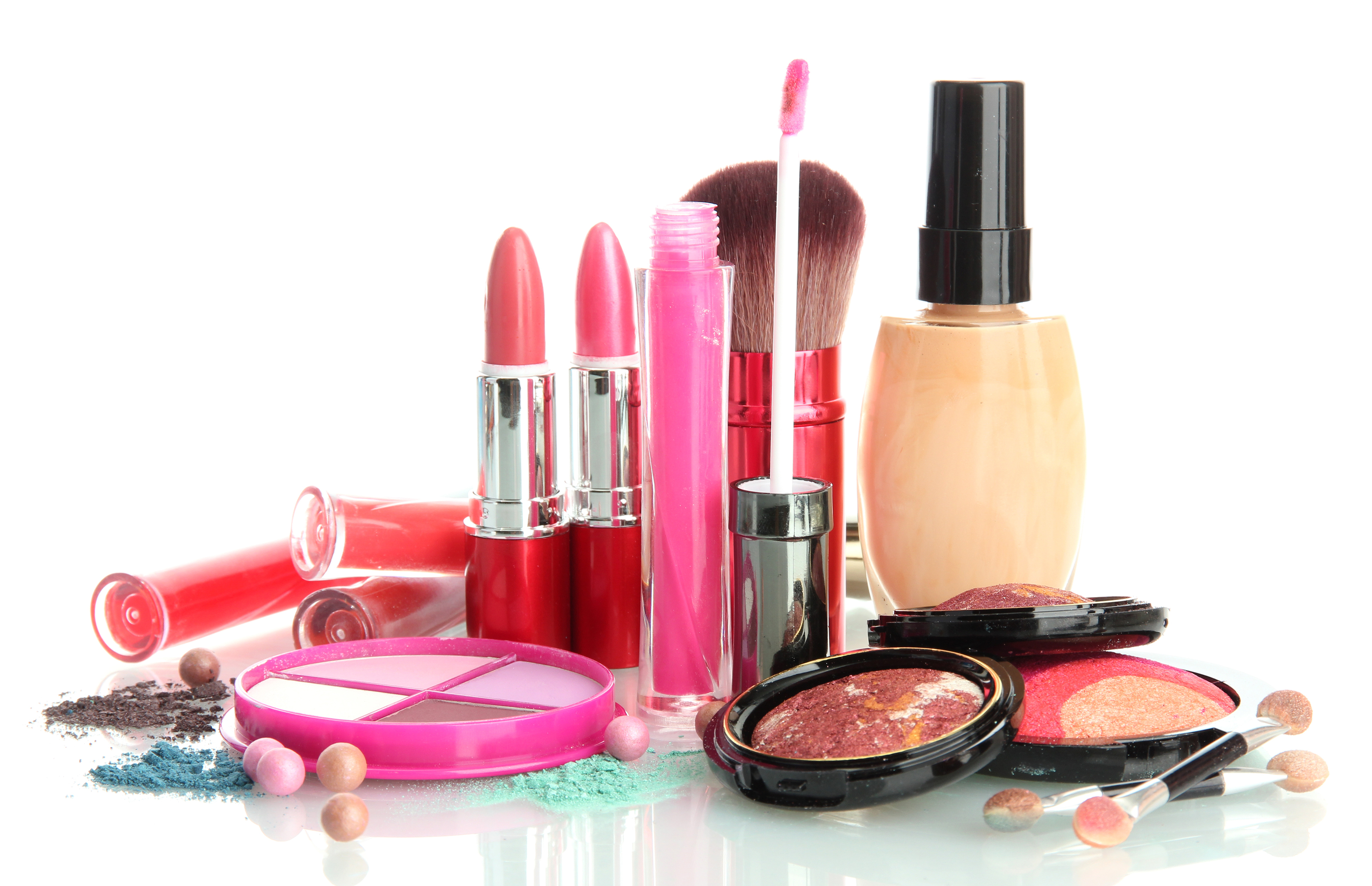And, more importantly, is it harmful?
The majority of beauty products are made with a few “extra” ingredients mixed in. In addition to all the natural oils and extracts, there are usually a few ingredients added to thicken creams, increase the bubble production of soaps, or make the lotions absorb more quickly into your skin. While many of the added ingredients can be good for you, there are a few that may not be.
So, which category does sodium anisate fall into? Is it one of those ingredients you should worry about, or is it a perfectly harmless addition to your beauty products?
You’ll be glad to know that sodium anisate is a safe ingredient, one you can apply without fear of harming your skin or body. It’s an antimicrobial agent, one that helps to preserve your beauty products and prevents germs and bacteria from building up. Many essential oils, herbs, and extracts would spoil over time, so antimicrobial ingredients like sodium anisate help to keep the beauty products good.
What’s interesting about sodium anisate is that it’s derived from fennel. The name “anisate” looks a lot like “anis”, and anyone who’s tried fennel knows that it has a mild anis-like flavor. You’ll find that sodium anisate, derived from fennel, is a natural antimicrobial agent that is completely harmless and will not cause problems with your skin or toxic buildup in your body.
READ MORE: Geraniol in Beauty Products
But did you know that sodium anisate is also classified as a “flavoring antimicrobial”? This means that it not only helps to protect your beauty products from bacteria and germs, but it also helps to enhance the “flavor” (aroma, texture, etc.) of the products. The smell of anis may be mild, but it’s there, all thanks to the sodium anisate in your beauty products.
So what products contain sodium anisate? You may be surprised to find that there is a very wide range of beauty products with this ingredient, including anti-aging serum, skin lotions, restoration and anti-wrinkle creams, mascara, and more. But that’s actually a good thing, as there are a lot of benefits of fennel for your skin:
- It can help to cleanse your skin. Not just the surface layer, but it acts as a deep cleanser to eliminate toxins and chemicals built up in the deeper layers of skin.
- It can fight acne. Sodium anisate is an antimicrobial agent, meaning it can fight off the P. acne bacteria that is responsible for causing your breakout of pimples. Using anything fennel-based can do wonders for dealing with your acne problems.
- It can strengthen your hair follicles. Fennel contains essential oils that are rich in Vitamins A and C, both of which play a role in healthy hair.
- It can eliminate cellulite. Why else do you think sodium anisate is found in so many beauty and anti-aging products? The fact that it’s rich in Vitamins A and C means it can promote the production of collagen, the protein that keeps your skin healthy and elastic.
- It can tone your face. The astringent effects of fennel can help to tighten the skin of your face, preventing sagging and wrinkled skin.
As you can see, fennel offers a wide range of benefits for your skin, which is one of the reasons it’s an ingredient found in your skincare and beauty products. It may have an artificial-sounding name, but the fact that it’s derived from fennel means that it’s a good option for your health. There’s no need to fear the sodium anisate in your beauty products!








